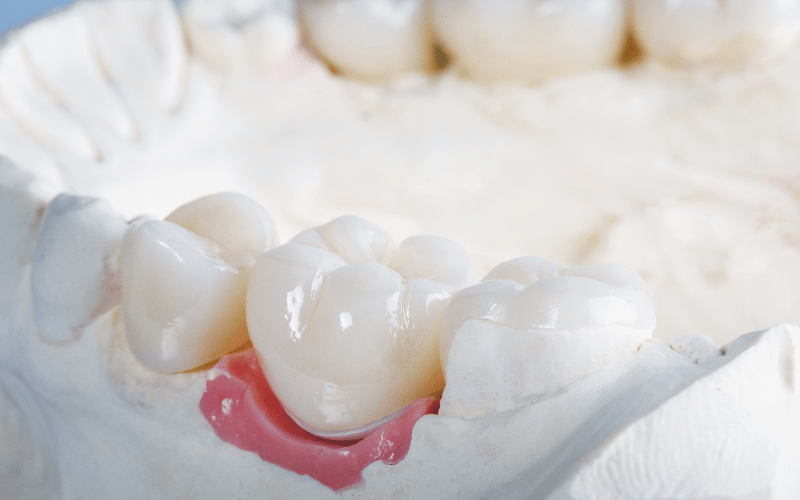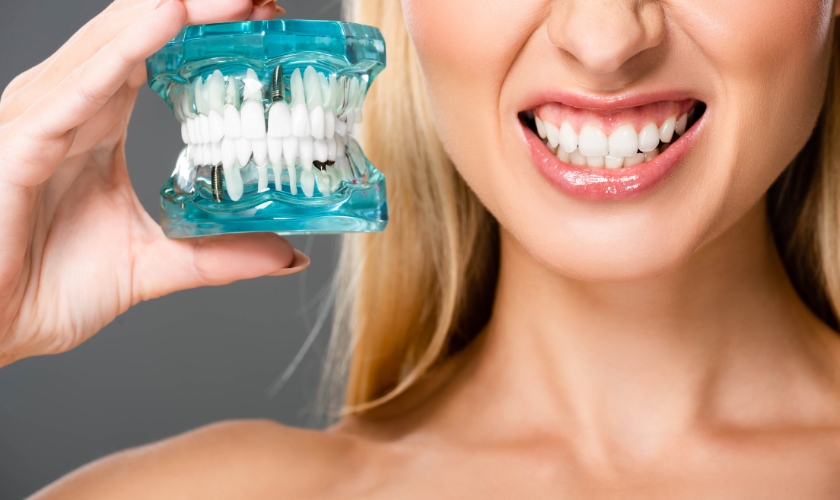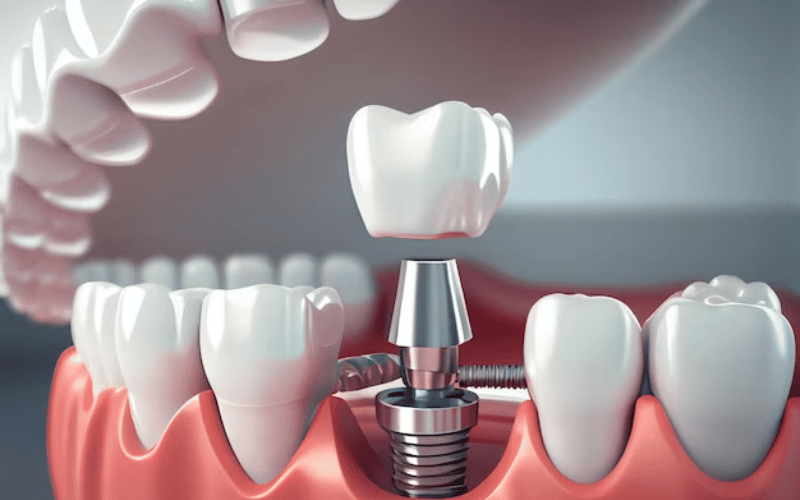Call: (810) 674-3060
Do Dental Crowns Hurt When You Get Old?

Dental crowns are prosthetic prostheses that cover or cap broken or diseased teeth, reshaping, strengthening, and improving their look. They protect weakened teeth, enhance their functionality, and improve oral health. However, as individuals age, concerns may arise regarding the longevity and potential issues with dental crowns.
Factors such as wear and tear, gum recession, and changes in oral health can affect the stability and integrity of crowns over time, potentially leading to complications such as loosening, fracturing, or decay underneath the crown. Regular dental check-ups are essential for monitoring and swiftly addressing any growing concerns.
Can Dental Crowns Themselves Cause Pain?
Dental crowns are typically inert and do not inherently cause pain with age. The materials commonly used in crowns, such as porcelain, metal alloys, or ceramic, are biocompatible and do not deteriorate over time. However, discomfort or pain associated with aging dental crowns is more often a result of underlying issues rather than the crowns themselves.
Factors like gum recession, tooth decay, or changes in the jawbone structure can affect the fit or stability of the crown, potentially leading to discomfort. Regular dental examinations can help identify and address any issues promptly to ensure dental crowns’ continued comfort and function.
Underlying Issues That Can Cause Pain Around Crowns
1. Gum Recession: As individuals age, gum recession can occur, exposing the tooth’s root and potentially the margin of the dental crown. This can lead to sensitivity or discomfort, especially when consuming hot or cold foods and beverages.
2. Tooth Decay: If there is a gap or improper sealing between the crown and the tooth, decay can develop underneath the crown. This decay can cause pain or sensitivity in the surrounding area.
3. Fractured Crown: Over time, dental crowns may weaken due to wear and tear or trauma, leading to cracks or fractures in the crown material. These fractures can expose the underlying tooth structure, causing pain or discomfort.
4. Poor Fit: Changes in the jawbone structure or the surrounding teeth can affect the fit of the dental crown. A poorly fitting crown may exert uneven pressure on the tooth, leading to discomfort or pain during chewing or biting.
5. Inflammation or Infection: If bacteria penetrate the area around the crown, it can lead to inflammation or infection of the gum tissue or the underlying tooth structure, resulting in pain, swelling, or even abscess formation.
Wrap Up!
In conclusion, it’s essential to note that dental crowns themselves shouldn’t cause pain with age, as they are typically inert and stable. However, underlying issues such as gum recession, decay, or fractures can lead to discomfort. Regular checkups at Burton Family Dental are crucial to detect and address these issues promptly, ensuring your dental crowns’ continued comfort and functionality.
If you experience any pain or discomfort near a crown, don’t hesitate to consult our experienced team for personalized care and solutions. Schedule your checkup today for a brighter, pain-free smile!




